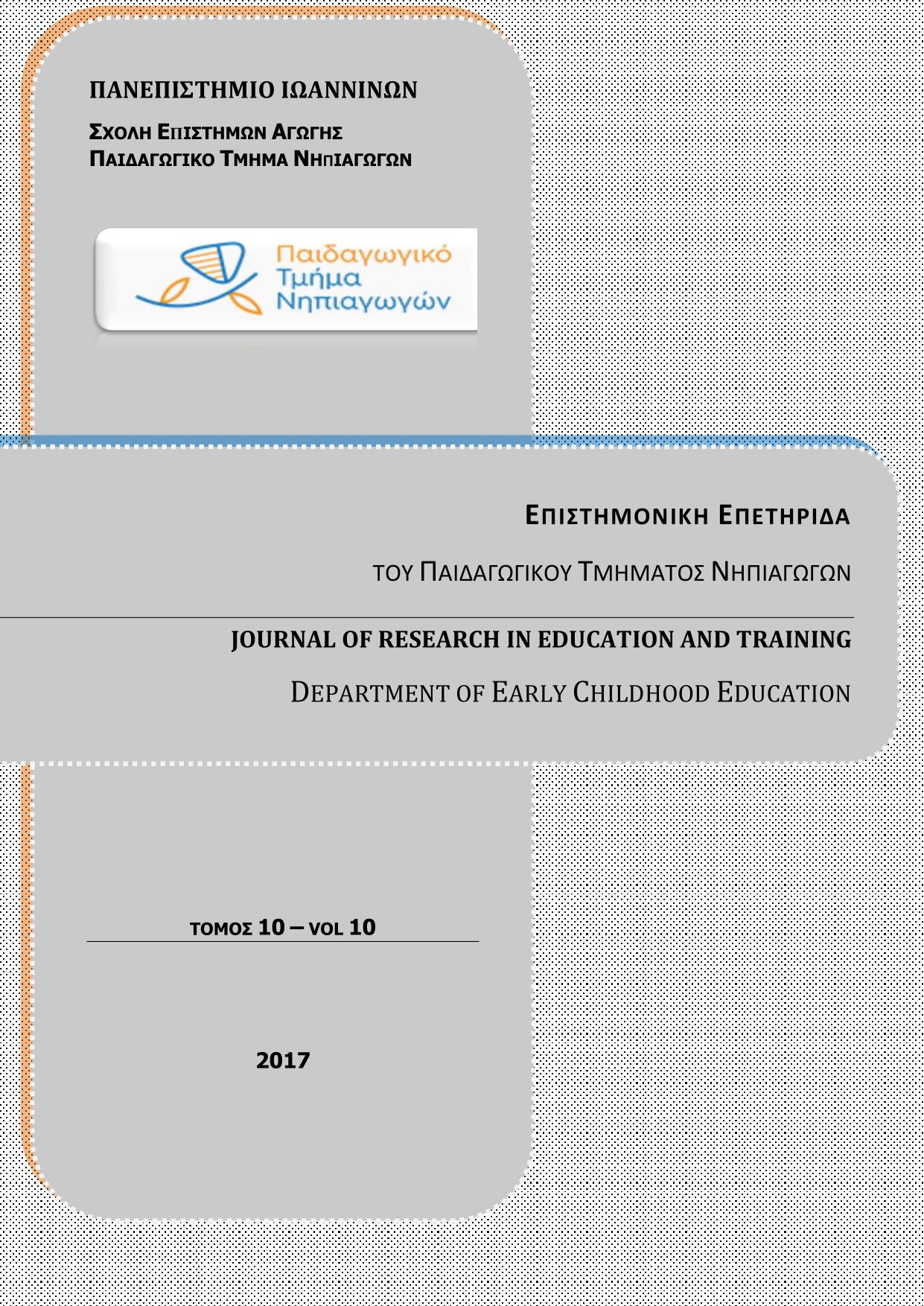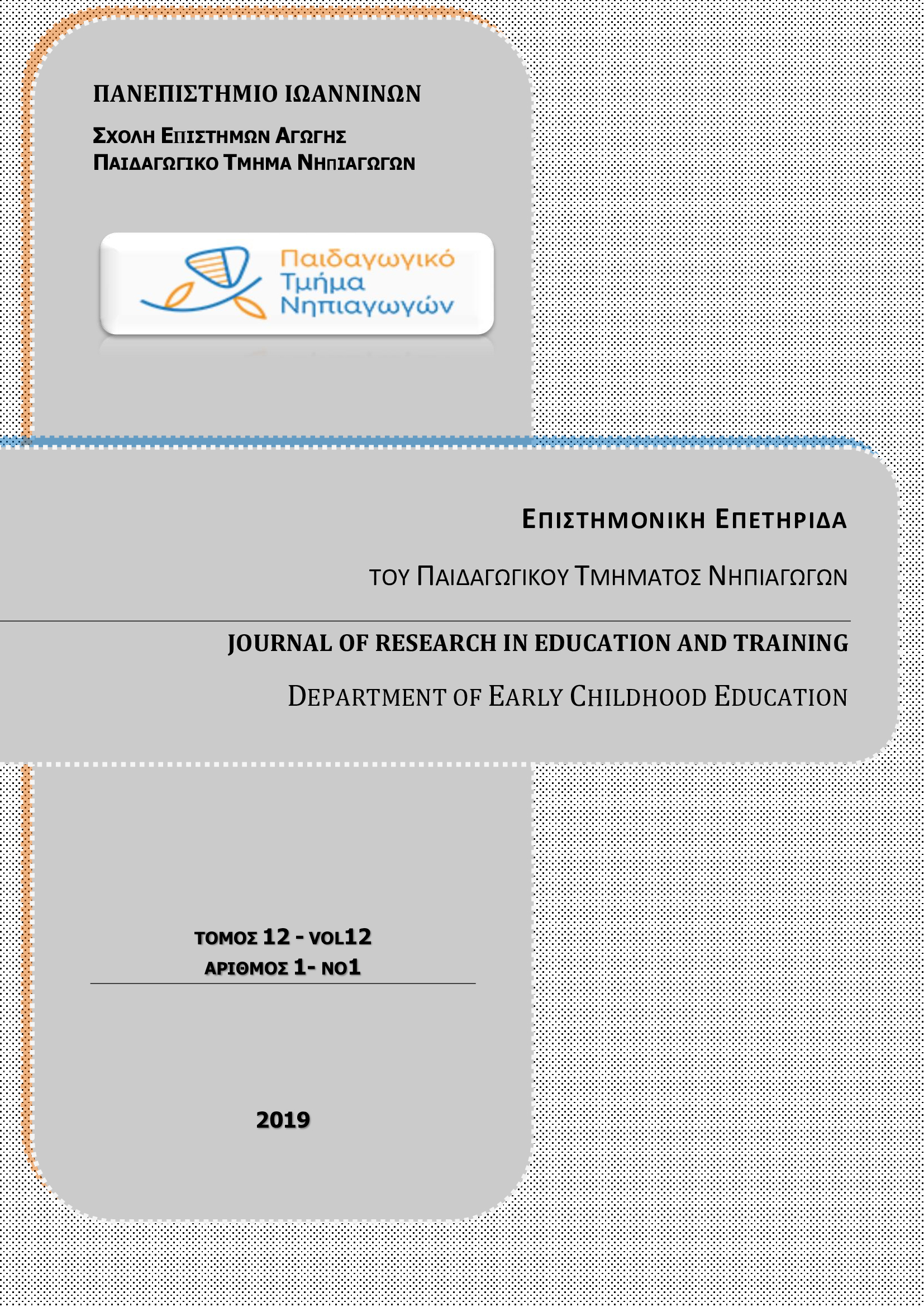Increase of life expectancy: A source of problems or a biological privilege?

Abstract
This paper is concerned with the question whether the trend of life expectancy is a source of problems, especially problems related to the health of older adults or, on the contrary, a biological privilege. This trend was already evident at the beginning of the last century, and still persists. It seems that it will go on at least for the next few decades, although at a slower pace, to leading to a life expectancy of about 115-120 years. Other issues, directly or indirectly related to the main theme of this paper are also being discussed. They include a brief description of aspects of the aging process which starts with the beginning of life and goes on until its end, involving biological, psychological and social mechanisms. Yet their involvement is not the same for each individual, thus individual differences exist. Such differences become more pronounced in the later years of life. The issue of individual differences is separately discussed in the same article as it is vital in any discussion of the aging process, making the concept of chronological age of only limited usefulness in psychological and medical research. Existing data about the health of older individuals indicate that older people enjoy reasonably good health. It appears that there are no good reasons to doubt that extension of life expectancy is a biological privilege. The brief discussion of ageism in the end of the paper supports that ageism is based mostly on the old biological model rather than on demographic evidence. The notion that extension of life expectancy should be regarded as a biological privilege rather than an unbearable burden is supported in this article.
Article Details
- How to Cite
-
Αντωνιάδου Ε., Ζυγούρης Σ., & Τσολάκη Μ. (2017). Increase of life expectancy: A source of problems or a biological privilege?. Journal of Research in Education and Training, 10(1), 108–123. https://doi.org/10.12681/jret.10895
- Issue
- Vol. 10 No. 1 (2017)
- Section
- Articles

This work is licensed under a Creative Commons Attribution-NonCommercial-ShareAlike 4.0 International License.
Authors who publish with this journal agree to the following terms:
- Authors retain copyright and grant the journal right of first publication with the work simultaneously licensed under a Creative Commons Attribution Non-Commercial License that allows others to share the work with an acknowledgement of the work's authorship and initial publication in this journal.
- Authors are able to enter into separate, additional contractual arrangements for the non-exclusive distribution of the journal's published version of the work (e.g. post it to an institutional repository or publish it in a book), with an acknowledgement of its initial publication in this journal.
- Authors are permitted and encouraged to post their work online (preferably in institutional repositories or on their website) prior to and during the submission process, as it can lead to productive exchanges, as well as earlier and greater citation of published work (See The Effect of Open Access).



